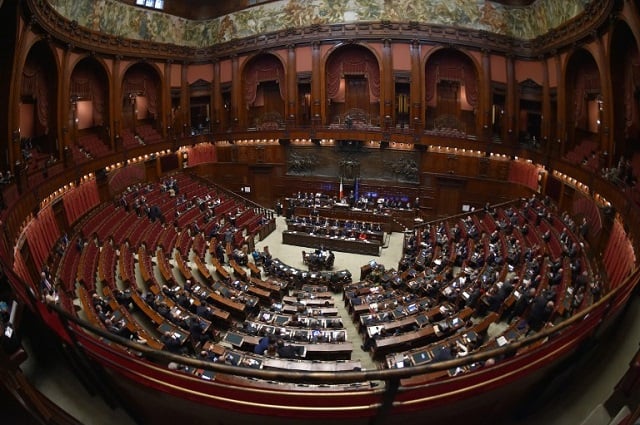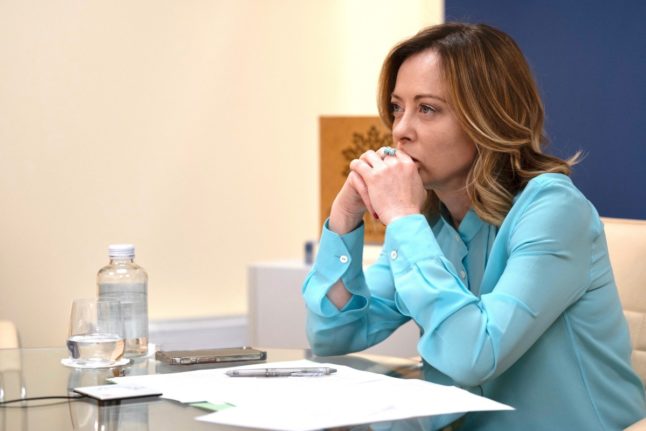The current parliament's mandate does not run out until early 2018, but early elections have been mooted constantly since Matteo Renzi quit as prime minister in December following an embarrassing defeat in a referendum over constitutional reforms.
READ ALSO: Early elections are looking increasingly likely in Italy. Here's why
President Sergio Mattarella has demanded a clear electoral plan before dissolving parliament, and the negotiations have dragged on for months.
But Renzi's ruling centre-left Democratic Party (PD) appears to have come to an agreement with the populist Five Star Movement, Silvio Berlusconi's Forza Italia and the anti-euro, anti-immigrant Northern League to use a German-style proportional system for the vote.
Half of the seats would be elected under a first-past-the-post system, with the other half distributed among all parties winning more than five percent to ensure their seats reflect their share of the vote.
Italy's electoral system has been in constant flux for two decades but has gradually moved away from proportional representation.
Opinion polls suggest no stable majority is likely to emerge, a prospect that has worried financial markets, with the Milan stock exchange losing two percent on Monday.

Graph of opinion polling in the lead up to the next Italian election. The Democratic Party is represented in red, the Five Star Movement in yellow, Forza Italia in light blue, and the Northern League in green. Graph: Impru20/Wikimedia Commons
Five Star activists backed the plan in an online vote at the weekend, while reports said Renzi and Berlusconi were gearing up to present a bill outlining the changes as early as next week.
Northern League chief Matteo Salvini, who considers the current government to be illegitimate due to the PD's triple leadership change since the last elections, backs a vote as soon as possible and has said he will accept any electoral system.
Reports said Renzi was seeking elections on September 24th – the same day as Germany's parliamentary elections – but a date in October is thought to be more feasible.
The PD and Five Star Movement are running neck and neck in the polls with around 30 percent and either could be forced into governing alliances that they have previously rejected – the PD with Forza Italy, and M5S with the Northern League.
READ ALSO: Italy's political system: The key things to know
Photo: Alberto Pizzoli/AFP



 Please whitelist us to continue reading.
Please whitelist us to continue reading.
Member comments